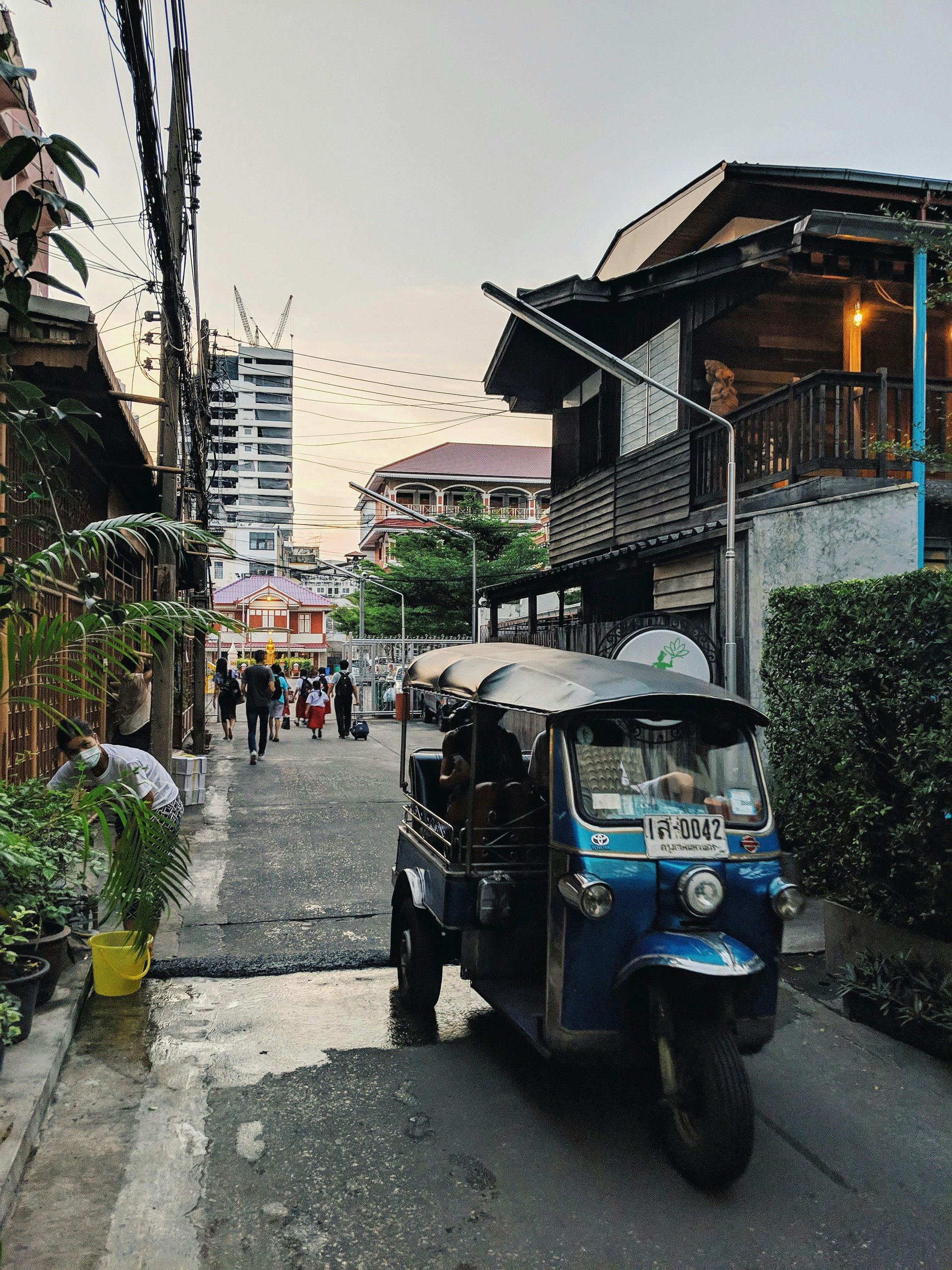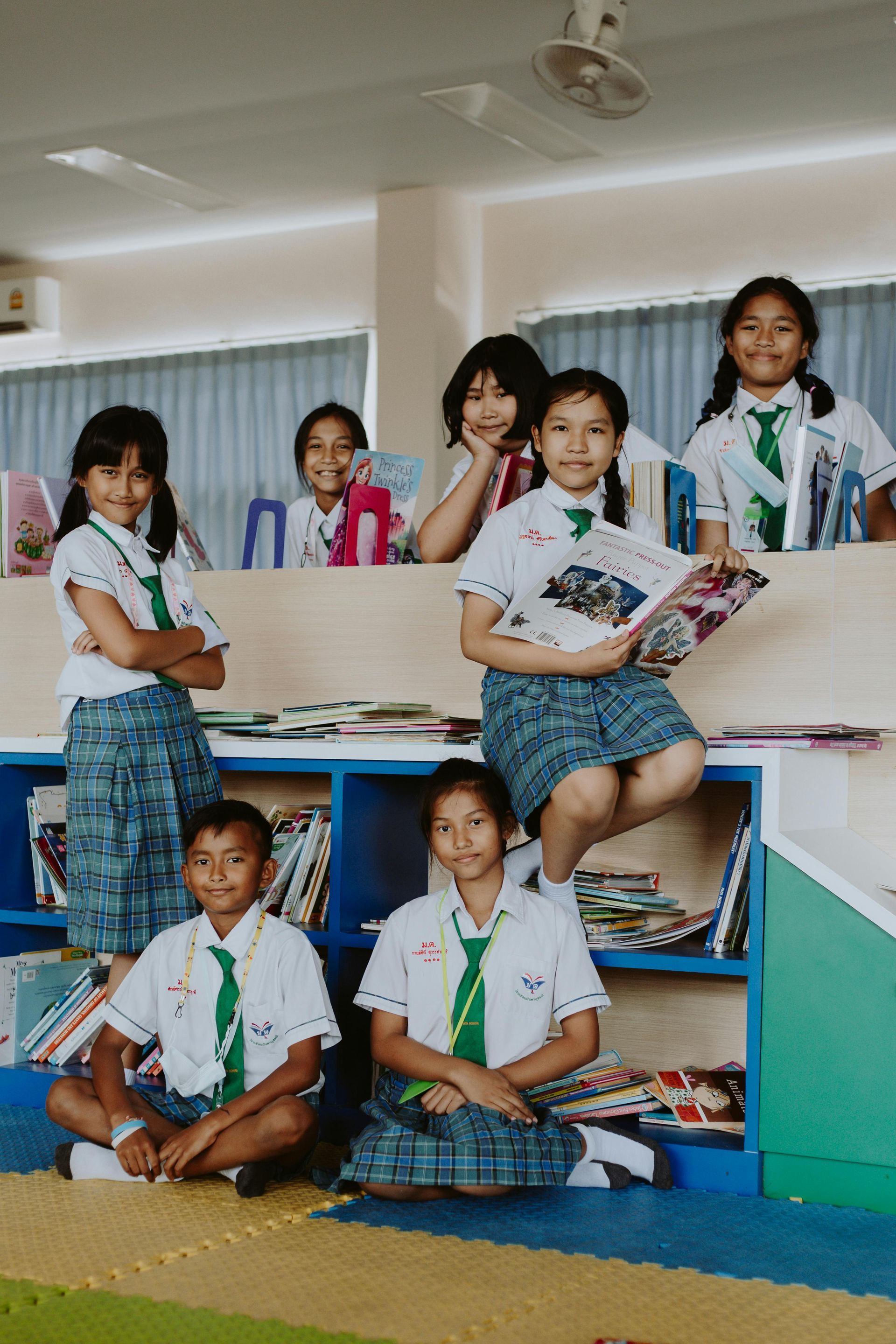5 Thai Etiquette Rules Every Foreigner Should Know
Simple manners to help you live and study in Thailand respectfully
Thailand is known as the “Land of Smiles,” but it also has strong cultural traditions. If you're living or studying in Thailand, it’s important to follow basic Thai etiquette. These small actions show respect and help you avoid misunderstandings.
📍
1. Greet with a Wai 🙏
The wai is a polite Thai greeting. Put your hands together at your chest and bow your head slightly. Use it when saying
สวัสดี (sa-wat-dee), especially to older people, teachers, or officials. It shows respect and good manners.
📍
2. Don’t Touch Heads
In Thai culture, the head is the most respected part of the body. Never touch someone’s head—not even as a joke. It can be seen as very rude.
📍
3. Use Your Hands, Not Feet
Feet are considered the lowest part of the body. Don’t point your feet at people, touch things with your feet, or place them on chairs or tables. Sit properly, especially in temples or classrooms.
📍
4. Dress Modestly in Public
When visiting temples, schools, or immigration offices, wear clothes that cover your shoulders and knees. Clean, modest clothing shows respect for Thai customs.
📍
5. Stay Calm and Smile
Losing your temper or speaking loudly in public is not polite. Thai people value calmness and a soft tone. If there’s a problem, try to stay relaxed and smile. This is part of what Thais call
“jai yen”—a cool heart.
✅ It’s important to follow Thai etiquette, especially if you're here on an ED visa or plan to stay long-term. At Wave Language School, we teach both language and culture so students can live in Thailand with confidence and respect.



